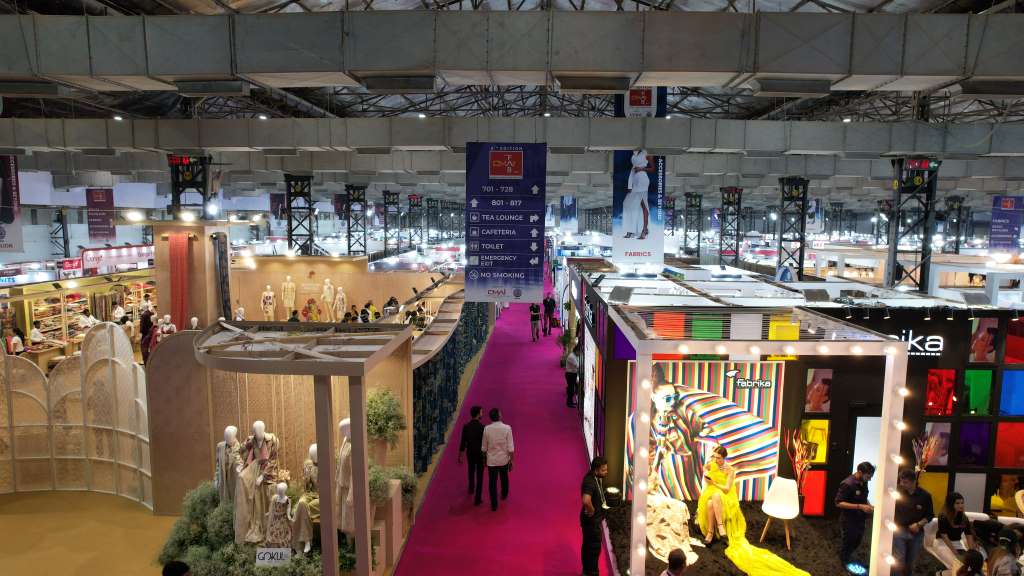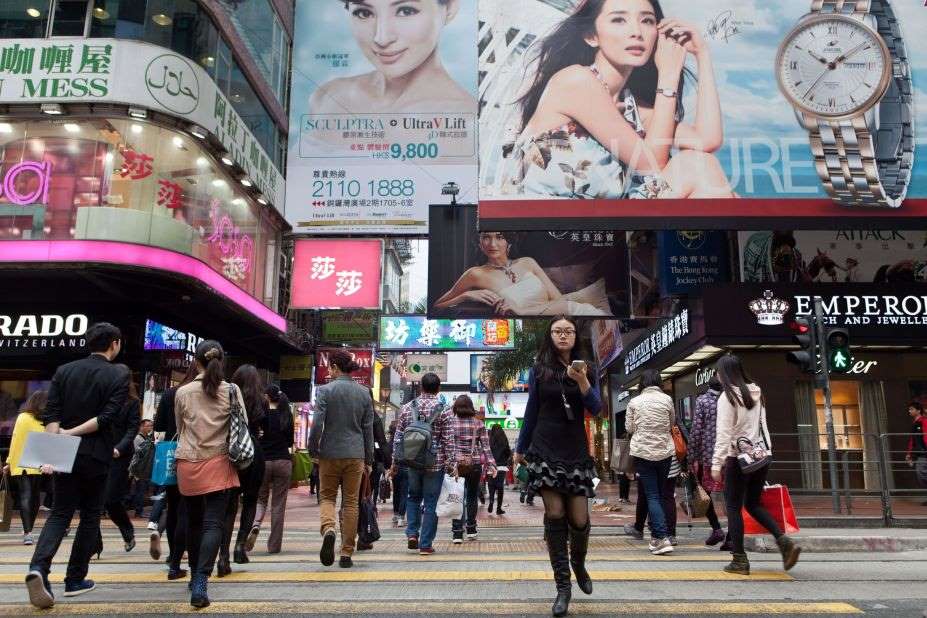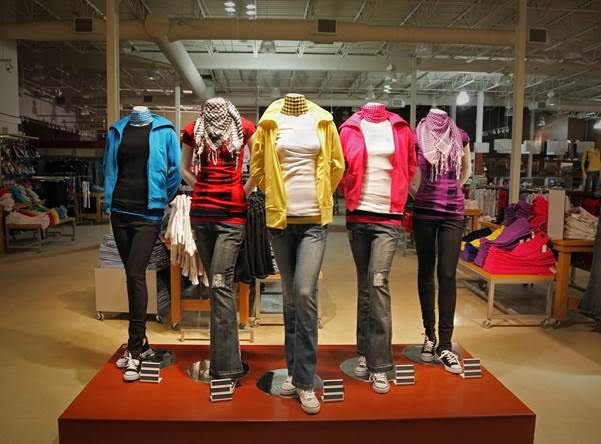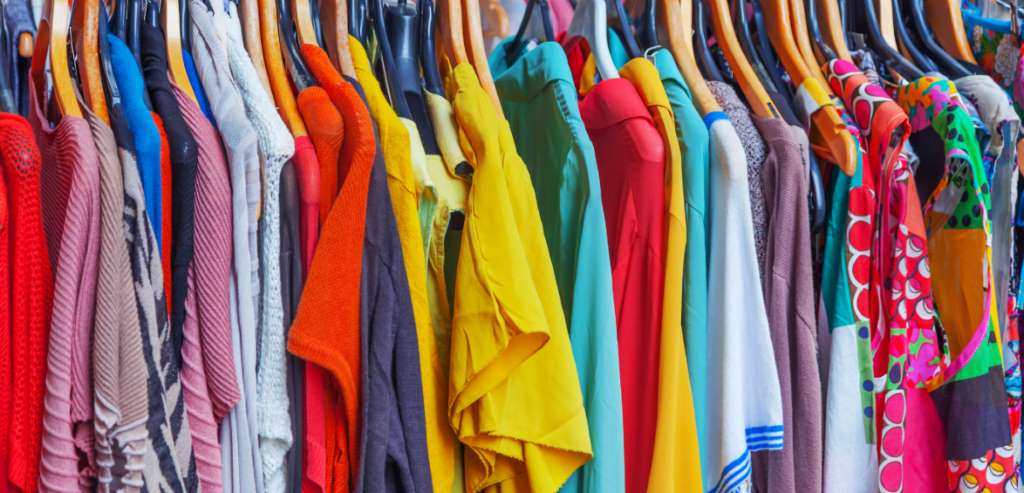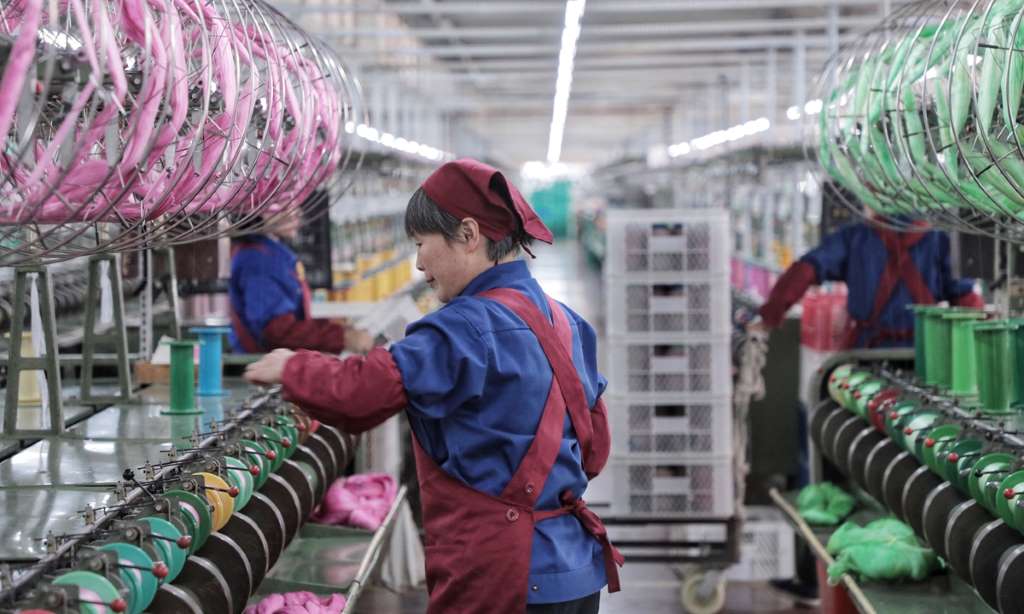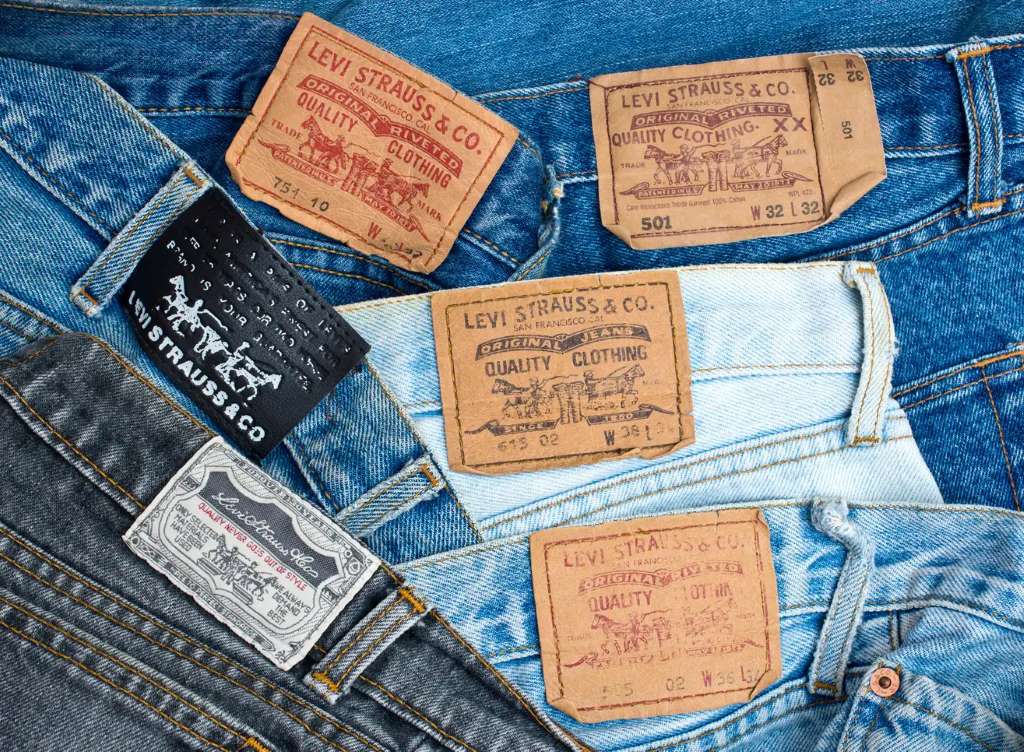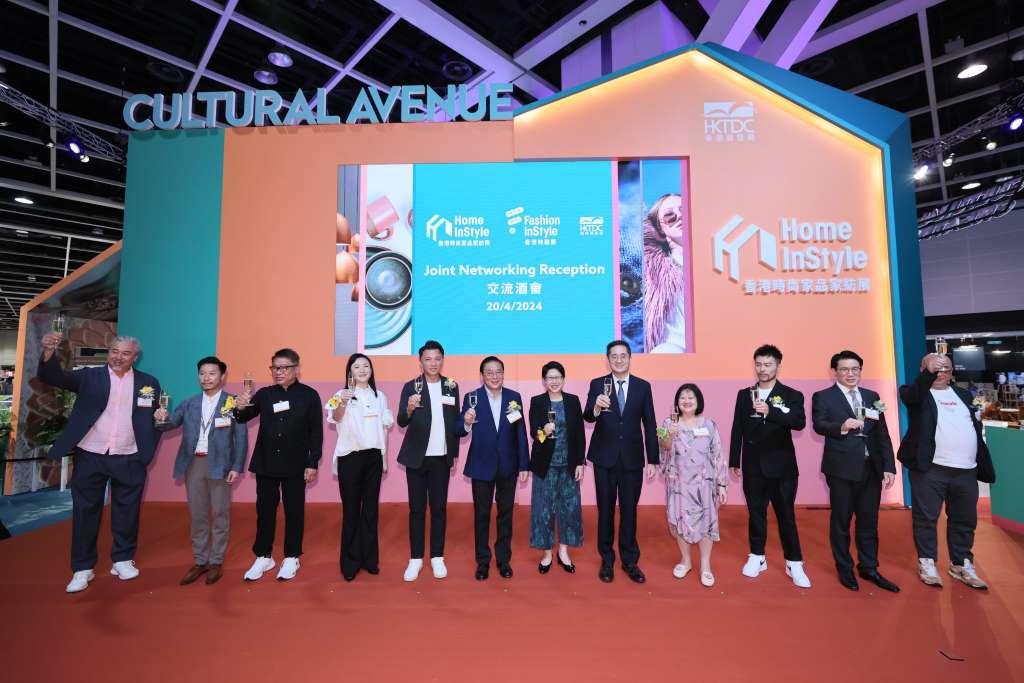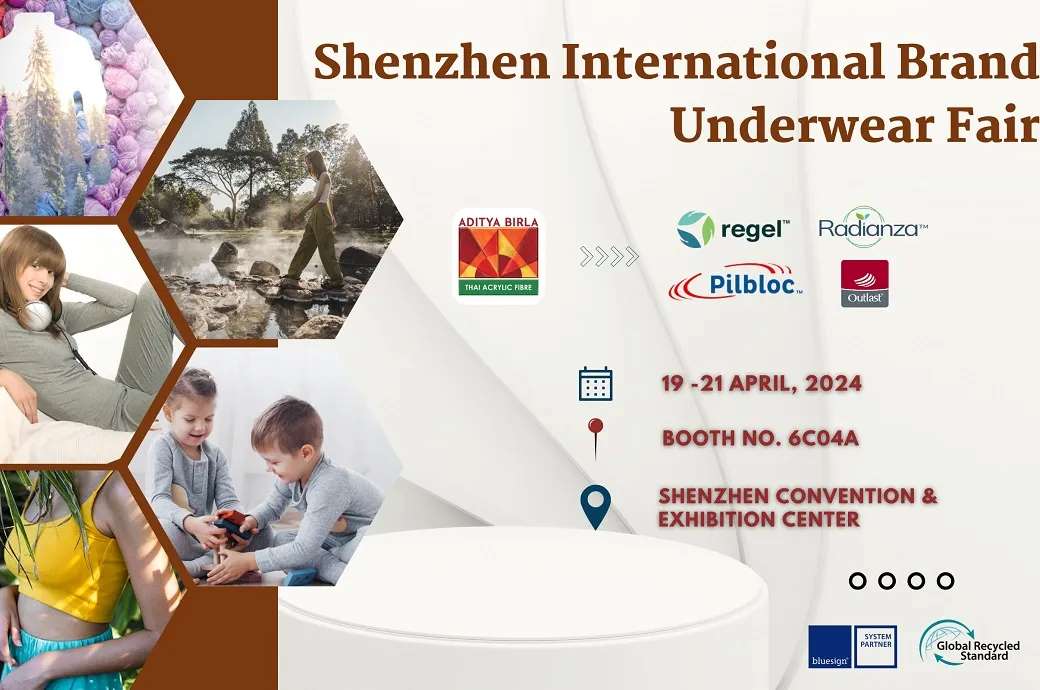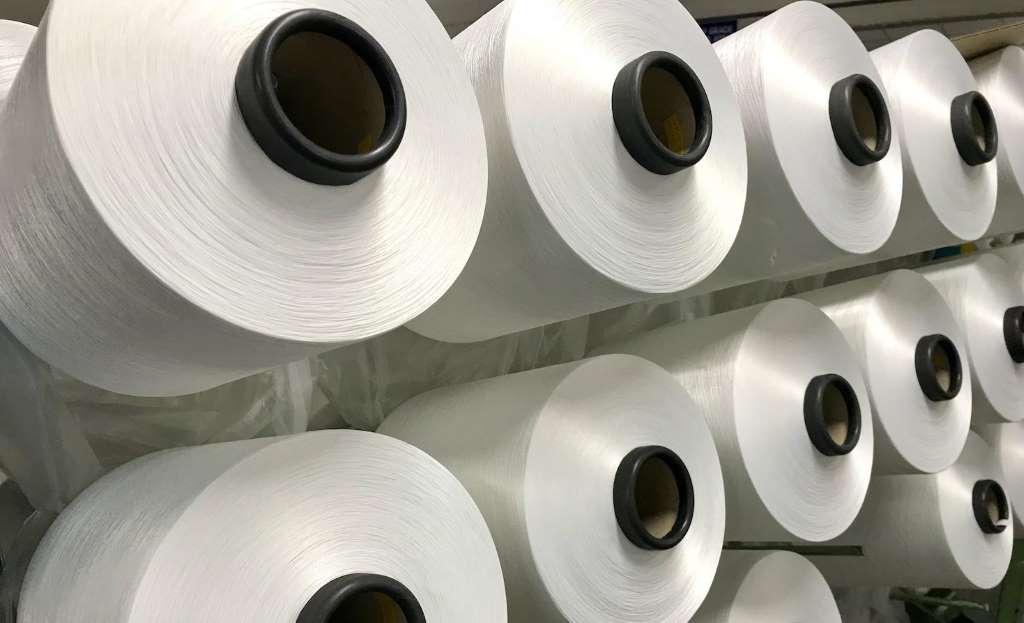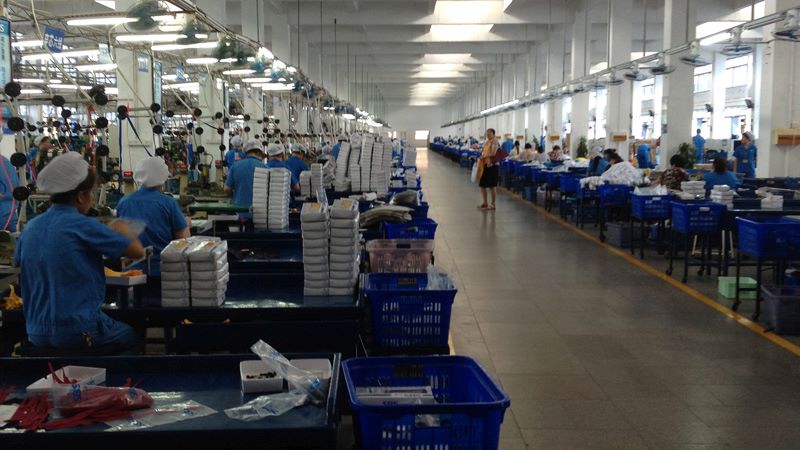FW
In a letter to Muhammad Aurangzeb, Finance Minister, the All Pakistan Textile Mills Association (APTMA) has urged the government to introduce new export-oriented policies to make the textile industry more competitive globally. One of the demands of the association is to reduce energy tariffs and tax rates.
In the letter, APTMA emphasises on the need for a fundamental reform to foster an export-centric culture across all sectors of the economy. The association opines, the government should introduce a new program to foster an export-oriented environment. This will help Pakistan elevate one of its most pressing issues; shortage of forex reserves.
IMF estimates, for the next five years, Pakistan would require above $25 billion annually as gross external financing. It can meet this requirement through either foreign burrowing, remittances or exports.
However, prohibitive anti-exports policies implemented over the past year and beyond have made exports by the country impossible. Persistent high taxes and delays in tax refunds had squeezed out all liquidity from the manufacturing sectors. These sectors are paying 20 different federal and provincial taxes. In addition, the government has raised power tariffs for industrial consumers to over 17.5 cents/kWh, which is more than twice the regional average, while gas prices have been raised by 223 per cent since January 2023.
According to textile millers, Pakistan currently does not have any financially viable source of energy for manufacturing activities as increasing power tariffs beyond affordability had proved counterproductive and did not yield the desired results as the circular debt continued to grow.
According to recent estimates, Brazil’s cotton cultivation areas are set to expand leading to a record production during the 2023-24 season though productivity might drop slightly, says a report by the Centre for Advanced Studies on Applied Economics (CEPEA).
Latest data from the National Supply Company (CONAB) also suggests, Brazil's cotton output will expand by 13.4 per cent Y-o-Y and 1.12 per cent M-o-M to reach 3.6 million tons this season. Although productivity is expected to decrease marginally by 2.5 percent, with an estimated 1,860 kilos per hectare, the expanded cultivation area of 1.94 million hectare is anticipated to ensure a record harvest.
Domestic consumption is likely to rise by 4.4 per cent Y-o-Y rise in domestic consumption to 710 tones despite a projected 2.7 per cent M-o-M decrease.
Additionally, exports are likely to grow by 67.8 per cent Y-o-Y and 9.5 per cent Y-o-Y to reach 2.715 million tons, as per CEPEA's latest fortnightly report on the Brazilian cotton market.
Export data from the Foreign Trade Secretariat (SECEX) indicates, from August 2023 to March 2024, cotton shipments surpassed 30 per cent of the total exports recorded from August 2022 to July 2023, highlighting a strong performance in international markets.
The Fabrics, Accessories & Beyond Show 2024 (FAB Show 2024), organized by the Clothing Manufacturers Association of India (CMAI), concluded its fourth edition with resounding success. Held at the Bombay Exhibition Centre, Mumbai, from April 15 to April 17, the event surpassed industry expectations, igniting optimism and projecting high business prospects for the textile sector. With an estimated business generation exceeding 2,100 crores, the three-day trade show emerged as a pivotal platform for industry stakeholders.
Impressive turnout and international presence
Drawing attention from across the nation, the FAB Show welcomed 10,200 trade visitors representing more than 320 cities in India. Notably, the event witnessed the participation of over 1,500 elite platinum buyers. Adding to its international allure, buyers from 16 countries, including Bangladesh, UAE, and the USA, graced the show, underscoring its global significance. The presence of sourcing heads from esteemed brands like Aditya Birla Fashion & Retail and Reliance Brands further underscored the event's stature as a premier sourcing destination.
Industry reflections and projections
Rajesh Masand, President of CMAI, hailed the success of the FAB Show, emphasizing its far-reaching impact on the garment industry's supply chain. Masand highlighted the event's role in fostering immediate business opportunities and forging long-term strategic partnerships, instilling confidence in the industry's trajectory. Against the backdrop of subdued demand and recent challenges, such as amendments affecting MSME payments, the FAB Show's triumph signals a revitalized industry poised for growth.
Innovation and sustainability take center stage
The 2024 edition of the FAB Show emerged as a hub for innovation and sustainability within the textile and apparel sector. Over 200 domestic exhibitors, including industry stalwarts like Grasim and Arvind, showcased cutting-edge offerings, emphasizing environmental consciousness and circularity. Naveen Sainani, Chairman of FAB Show, underscored the event's commitment to driving growth while promoting sustainable practices. The Sustainability Zone, a highlight of the fair, spotlighted fabrics crafted from recyclable materials and advocated for responsible waste management.
Regional Excellence: The Surat pavilion
The Surat Pavilion, organized by the Southern Gujarat Chamber of Commerce & Industry (SGCCI), stood out as a beacon of regional excellence at the FAB Show. Hosting over 40 leading fabric manufacturers, the pavilion showcased the latest trends and catered to the evolving needs of the garment industry. Siddharth Dhawan, Director of Gokul Tex Print, expressed confidence in the region's growth trajectory, foreseeing signs of expansion in the coming months.
Positive industry outlook
Murugan Thenkondar, President of Marketing & Global Head of Business Development at Aditya Birla (Cellulosic Fibres), highlighted the resilience of the domestic market amid global uncertainties. With a focus on the textile value chain, the FAB Show provided a comprehensive platform for industry players to meet sourcing requirements and foster business collaborations. Sailesh Kukreja, Managing Director of Bhagwan Enterprise, commended the organizers for facilitating a dynamic and well-attended exhibition, paving the way for future successes.
Commitment to sustainability
Amid growing environmental consciousness, industry participants like J P Singh of Ramtex - Parmeshwari Silk Mills, emphasized their commitment to eco-friendly practices. The adoption of sustainable processes not only aligns with consumer preferences but also reflects a broader shift towards responsible consumption. With markets expanding beyond traditional strongholds, manufacturers are witnessing increased demand for eco-friendly fabrics across diverse regions.
Exciting engagements and rewards
In addition to business engagements, the FAB Show offered visitors and exhibitors a chance to participate in a lucky draw contest. With prizes ranging from scooters to holiday vouchers, the contest added an element of excitement and further enhanced the event experience.
As the curtains close on the FAB Show 2024, industry players are poised to leverage the momentum gained from the event. With renewed optimism and a steadfast commitment to innovation and sustainability, the textile industry sets its sights on a future marked by growth and resilience.
Registration is now open for the upcoming Source Fashion event, slated to unfold at Olympia London from July 14th to 16th, 2024. Boasting a comprehensive showcase of over 350 makers and manufacturers hailing from more than 25 countries, this edition promises an amplified spotlight on UK manufacturers. Notably, the expansion into the National Hall's upper balcony will accommodate Source Luxury, underscoring the event's commitment to upscale offerings.
Functioning as a vital conduit for the UK fashion procurement landscape, Source Fashion facilitates seamless connections between international suppliers and domestic brands, wholesalers, and corporations. With a diverse array of audited exhibitors, attendees can peruse an extensive range spanning from white-label products to bespoke creations.
Director of Sourcing Suzanne Ellingham emphasizes the event's facilitation of range creation and manufacturer discovery. She underscores the event's evolution, highlighting enhanced diversity, additional pavilions, and an augmented presence of high-quality luxury producers. Notably, Source Luxury will spotlight meticulously crafted, enduring fashion pieces, reflecting the ethos of slow fashion and responsible production.
Source Fashion's geographic inclusivity is underscored by the participation of over 20 producers from Bangladesh, alongside debut pavilions from Ghana and other nations. Additionally, the event fosters connections between global manufacturers and buyers, offering a platform for transformative discussions on ethical fashion practices.
Beyond its expansive showcase, Source Fashion augments its content program for the July edition, featuring discussions led by industry luminaries on pressing topics like the circular economy, regulatory compliance, and sustainable materials.
With the previous February 2024 edition marking its largest gathering yet, Source Fashion attracts a cadre of influential attendees from renowned brands and retailers, affirming its status as a pivotal event in the fashion industry's calendar.
Renowned Japanese retailer, Uniqlo will soon inaugurate its second Italy store in Rome, marking a significant stride in Fast Retailing's strategy to boost growth across Europe and North America. One of five slated openings for the spring-summer season, this new store signifies a pivotal moment for the company, states, Mark Barnatovic, COO, Uniqlo Italy.
The upcoming expansions, encompassing locations like Nice, Edinburgh, and additional outlets in Milan and London, underscore Fast Retailing's ambitious global aspirations. Despite facing stagnation in more mature markets like Japan, the company anticipates record performances in Europe and North America this year, propelled by robust revenue and profit figures.
Uniqlo's European presence has been further fortified by its top-selling stores, with Milan notably ranking among the group's best performers. As the company sets its sights on Rome, it prepares to navigate a competitive landscape, contending with established players like Zara, H&M, and local Italian brands.
Nestled within a historic arcade along Via del Corso, the store in Rome promises vast potential akin to its successful Milan counterpart. Spanning over 1,300 sq m across three floors, it will cater to both local residents and tourists, offering an immersive shopping experience.
Moreover, Uniqlo has embraced collaborations with local artists and designers, unveiling exclusive clothing lines tailored for the Roman clientele. By tapping into the essence of Romanita, or the Roman way of life, the brand seeks to resonate deeply with the local community, elevating its presence and resonance in the vibrant city of Rome.
In a bid to revolutionize textile recycling and combat the growing apparel waste crisis, Eastman, a specialty materials company renowned for its Naia cellulosic fibers, has forged a strategic alliance with Debrand, a leading next-life logistics firm specializing in sustainable solutions for apparel waste.
This collaboration aims to leverage Eastman's cutting-edge molecular recycling technology alongside Debrand's expertise in waste management to recycle 5,000 pounds of pre- and post-consumer apparel waste.
Through molecular recycling, Eastman disassembles apparel waste into its molecular components, which are then utilized to produce Naia Renew fibers. These circular fibers, comprising 60 per cent sustainably sourced wood pulp and 40 per cent recycled material, adhere to the Global Recycled Standard, ensuring the highest standards of sustainability.
Claudia de Witte, Eastman's textiles sustainability leader, emphasized the partnership's commitment to driving circularity within the fashion industry. By repurposing textiles reaching the end of their lifecycle into valuable resources for new fibers, the collaboration underscores a pivotal step towards sustainable fashion practices.
The collaboration between Eastman and Debrand showcases the transformative potential of molecular recycling technology in addressing textile waste. This partnership sets a new benchmark for sustainability in the fashion industry by offering circular solutions for apparel waste.
Prior to joining forces with Eastman, Debrand secured strategic investment from Waste Management, further solidifying its position as a leader in circular solutions across North America. Lina G Londono, Debrand's vice president of sustainability, expressed enthusiasm for the innovative pilot project, emphasizing its scalability and potential for future industry participation.
Eastman's ongoing collaborations with key industry players, including Patagonia, highlight its commitment to advancing sustainable practices and infrastructure within the textiles industry. Through such initiatives, Eastman continues to pave the way for a more sustainable and circular economy in fashion.
Projecting a slowdown, Bain & Co forecasts,China’s luxury sales will decrease by 12 per cent from 2023, with sales primarily being driven by high-net-worth individuals possessing investible assets exceeding 10 million yuan ($1.4 million).
This shift emphasises a renewed focus on catering to key clientele, as highlighted by Tan, a representative from Bain & Co. This reorientation comes in response to a concerning trend, a surge in product returns, prompting luxury brands to reevaluate their strategies within the Chinese market.
During China's major shopping event last November, renowned luxury labels such as Ralph Lauren Corp, Burberry Group Plc, and Richemont SA's Net-A-Porter faced an unprecedented wave of returns and cancellations, with some experiencing up to 75 per cent of sales value being reversed.
The exceptionally high rate of returns, well beyond the norm of 20 per cent to 30 per cent in the luxury industry, persisted even after China transitioned from its strict COVID Zero policies over a year ago. This trend poses a challenge to fashion labels operating in the world's second-largest economy, particularly as the middle class now seeks discounts or refrains from high-end purchases amid economic headwinds.
The situation worsened in the first quarter of the current year, with Tmall return and cancellation rates soaring for several luxury brands compared to the same period in previous years. This included notable names like Brunello Cucinelli SpA, Marc Jacobs, Chloé, Ralph Lauren, and Mulberry Group PLC.
Mark Tanner, Managing Director, China Skinny, suggests, the softening of luxury demand may encourage opportunistic behavior, with individuals leveraging luxury items for status before returning them at no cost.
While Tmall plans to continue collaborating with luxury brands, the return issue persists, exacerbated by shoppers exploiting promotional campaigns to secure discounts, even if they intend to return purchased items later. This behavior inflates initial sales figures but doesn't translate into sustained revenue.
However, luxury labels at the highest echelons, such as Hermes International SCA, Chanel, and Dior, are limiting their reliance on e-commerce channels and refraining from extensive sales campaigns, instead focusing on cultivating relationships with affluent clientele.
Nevertheless, the allure of Tmall's extensive reach continues to attract some luxury brands, despite the risk of tarnishing their image through frequent participation in promotions. With online orders accounting for a significant portion of China's high-end market revenue, premium brands are compelled to navigate the challenges posed by e-commerce platforms, investing in personalised services and exclusive experiences to nurture long-term relationships with wealthy customers.
A leading additive manufacturer Stratasys will apply its newly launched Direct-to-Garment (D2G) solution on its J850 TechStyle printer for the Urban Tattoo denim collection to be launched at the Texprocess exhibition in Frankfurt, Germany on April 23.
The D2G technology enables manufacturers to incorporate full-color, multi-material 3D printing directly onto fully assembled garments, including denim, cotton, polyester, and linen. Through this innovation, fashion brands can create personalised and bespoke designs, catering to individual preferences, sizes, and styles.
Zehavit Reisin, Senior Vice President, Commercial Solutions, Stratasys, says, the technology enables brands to infuse more character into their clothing lines while adopting sustainable business practices that resonate with consumers.
Enabling customisation of various garment types and sizes, the D2G tray kits are available in two sizes. This technology aims to reduce material waste and streamline the production process.
A result of collaboration with renowned designers such as Karim Rashid and Travis Fitch, the Urban Tattoo collection transforms everyday garments into unique pieces of wearable art. According to Naomi Kaempfer, Creative Director, Stratasys, the collection enhances the emotional connection between the clothing and its wearer by adding layers of stories and symbolism to garments.
Data from InvestingPro shows, with a market capitalisation of approximately $694.02 million, Stratasys navigates through a challenging period with a negative P/E ratio of -5.48, reflecting the company's current lack of profitability. Despite this, the company's gross profit margin remains strong at 44.53 per cent, indicating a robust underlying business in the last twelve months as of Q4 2023.
Launched on April 17, 2024 in Barcelona, the Barcelona Bridal Fashion Week (BBFW) 2024 will showcase the latest creations in bridal fashion. To run till April 21, this year’s edition has reported a 14 per cent rise in the number of participants. It features 400 brands from 35 countries.
The event commenced with the inauguration of an eye-catching artistic installation created by theater group La Fura dels Baus. Named, 'Barcelona goes Bridal!, the six-meter-tall rotating structure on Maria Cristina Avenue has 30 wedding dresses from Catalan brands hanging off it.
The first collection to appear on the runway was from Jesús Peiró, with 37 international designers featuring from Wednesday to Sunday.
In parallel to the catwalk, BBFW is also hosting a trade show at the Montjuïc site. This trade show has reported a 14 per cent rise in attendees with 400 exhibitors from 35 countries participating in it. The fair is expected to generate an economic impact of €61.5 million.
Stoll, a leader in textile machinery, has launched the CMS 503 ki L, a 50" knitting machine tailored for the volume market. In an industry marked by rapid fashion shifts and intense price competition, manufacturers face the challenge of meeting diverse demands economically.
The CMS series by Stoll has long been recognized for its cost-effective solutions, catering to high-volume production while maintaining flexibility in design. The latest addition, the CMS 503 ki L, boasts a wider working width, denoted by the "L" for "Large," allowing for the creation of extensive motif formats and accommodating an extended size range.
Michael Händel, Vice President Sales & Service at Karl Mayer Stoll Textilmaschinenfabrik GmbH, highlights the significance of this development in response to the global trend toward larger sizes, particularly in markets like America, Asia, and Europe. The machine's enhanced capabilities position manufacturers to meet evolving consumer preferences efficiently.
Technological advancements, including the Multiflex take-up and spring-loaded latch needles, ensure optimal fabric width fixation, reduced waste, and improved cost-efficiency. Additionally, as part of the Knitelligence machine generation, the CMS 503 ki L is equipped to meet the demands of the digital era, offering automation possibilities, transparency, and shorter production cycles.
With a proven track record of reliability and performance, Stoll's CMS series continues to garner praise, with representatives boasting over 100,000 working hours. The unveiling of the CMS 503 ki L will take place at ITMA ASIA + CITME 2024 in Shanghai, where it will demonstrate its capabilities at the Karl Mayer Group booth, showcasing its potential to revolutionize high-volume knitting production.

